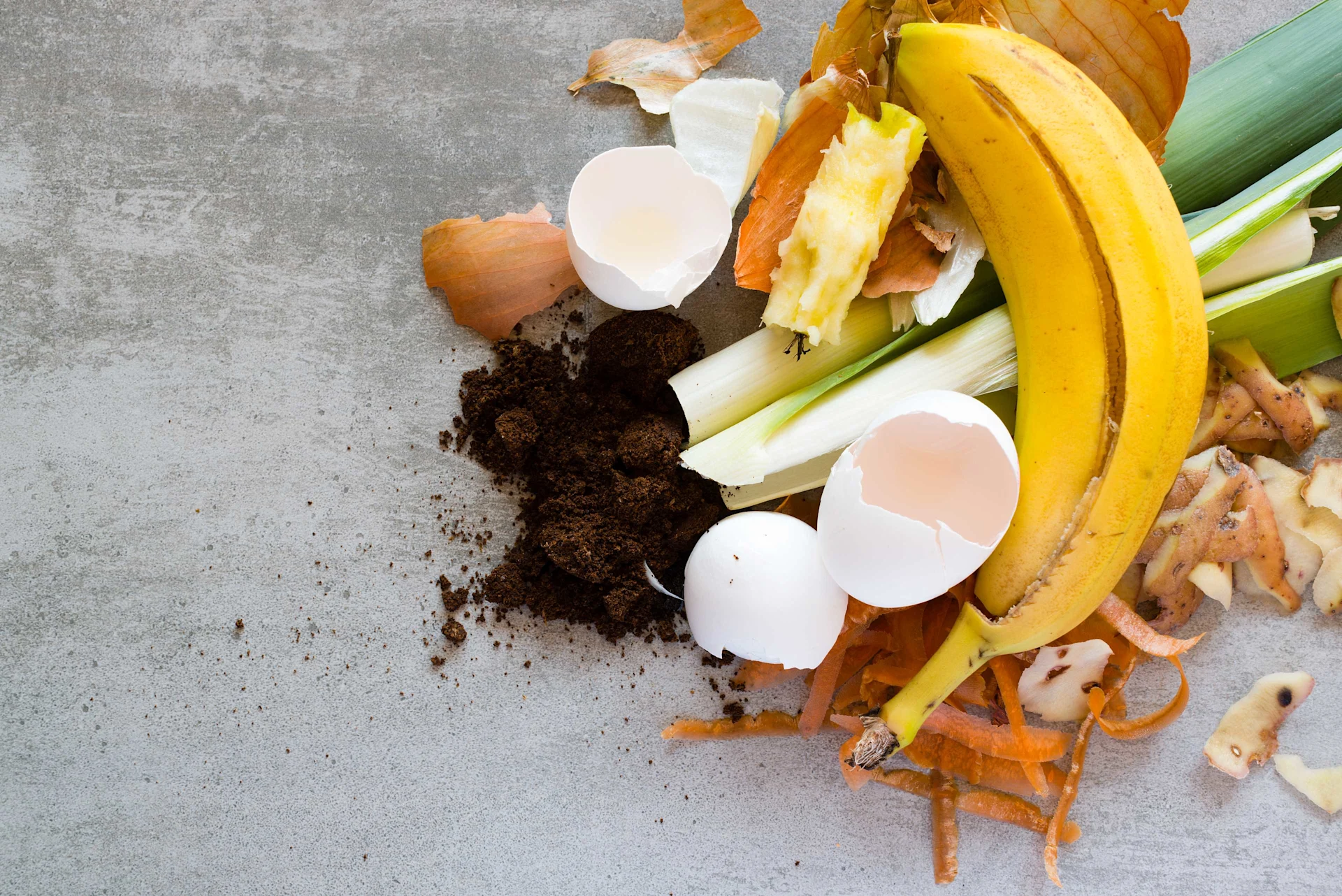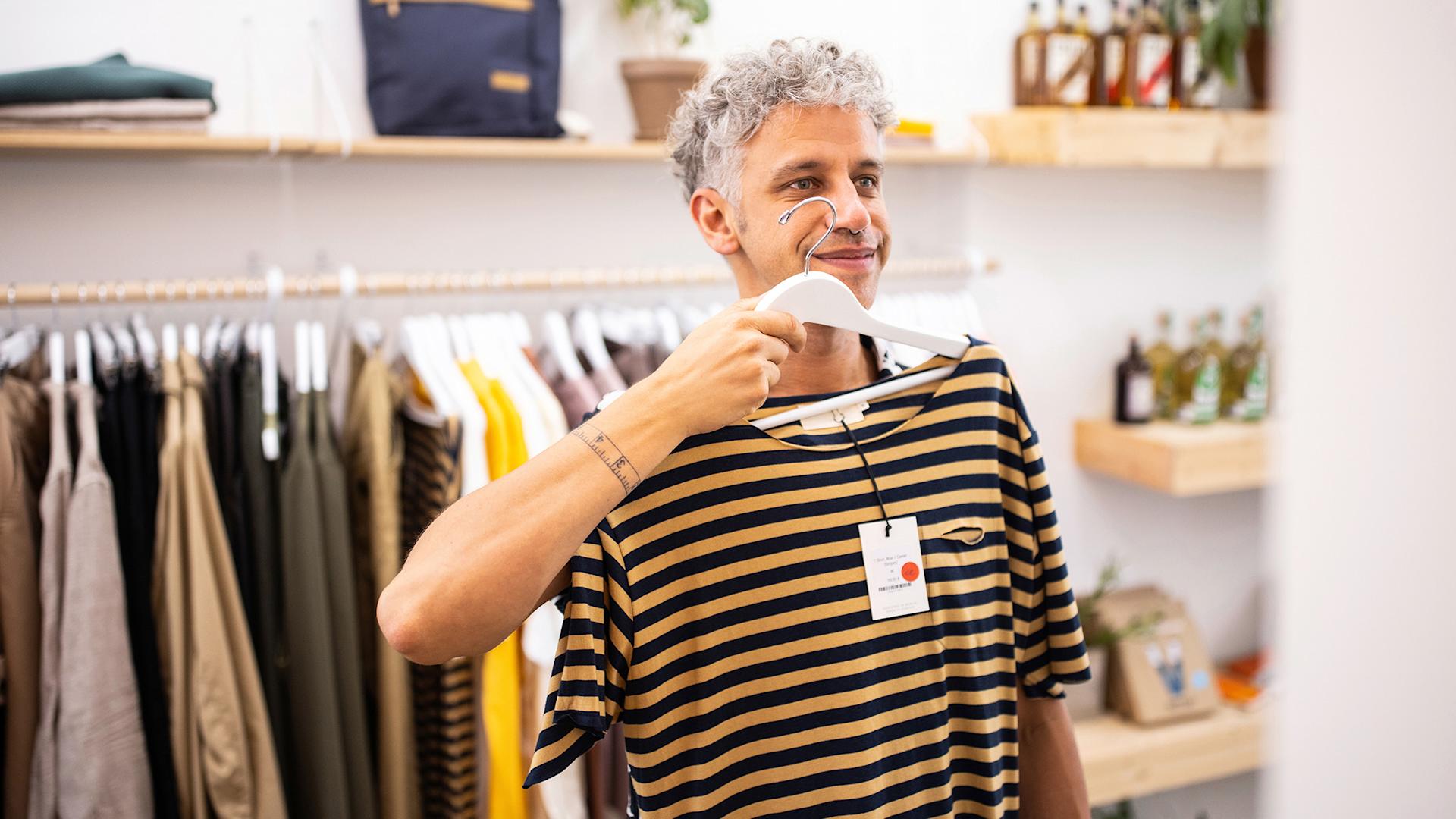
What do you know about food waste?
Take part in the food waste quiz and find out how much you already know.
navigation

Fair trade
Can I buy a T-shirt with a clear conscience? How does Migros ensure that the people who contributed to the creation of the garment are protected and treated with respect at their workplace? Insights into the many stages on the way to the finished T-shirt.
A cotton T-shirt has a long way to go before it ends up in a Swiss store. The supply chain for textile products consists of many individual parts – the various processing steps from cotton cultivation to sewing often take place at different companies, sometimes in different cities or countries. Migros T-shirts often come from India.
If a company wants to be sure that its goods are produced under the correct conditions, it must check every single stage of the entire value chain. Traceability also means that all suppliers involved are known.
Migros' own procurement company, Migros Asia, has been entrusted with checking the quality and ensuring compliance with our social guidelines. When awarding contracts, employees ensure that only qualified suppliers are considered. In concrete terms, the due diligence in the case of a striped organic cotton T-shirt from the spring-summer 2024 collection looks like this:
The T-shirt is sewn in a factory called Sreeja Hosieries Pvt. Ltd in Coimbatore, India. During annual visits, staff from independent auditing companies and, in some cases, Migros itself, check whether working hours are being observed, escape routes are clear and fire safety measures are in place.
The fabrics are tailored in the tailoring department at Sreeja Hosieries Pvt. Ltd at their site in Tiruppur, India. During the inspections, particular attention is paid to whether the tailoring staff are adequately protected on the machines, which are not without danger.
The fabrics are washed at Fabtech International Hosieries Pvt. Ltd in Tiruppur. Here, it is checked whether employees are wearing the correct protective clothing when working with chemicals and whether chemical substances are disposed of in accordance with regulations.
The yarn is processed into fabric at the Sreeja Hosieries Pvt Ltd knitting mill in Tiruppur. The main focus here is on occupational safety and checking whether employees are adequately protected from noise at the machines.
Cotton becomes yarn. This takes place at the company Sri Saravana in Batlagundu, India. Processing steps right at the beginning of the supply chain are often insufficiently controlled, which increases the risk of child and forced labour. In the case of our T-shirt, these checks were carried out by two inspectorates. No violations were identified. In 2024, the preliminary stages of the textile supply chain, such as the spinning mill in India, will also be monitored by Migros staff.
The finished yarn is also dyed at the same location. This step involves checking that only additives approved by the Global Organic Textile Standard (GOTS) are used and that no allergenic or carcinogenic dyes are used. The correct handling of chemicals and their proper disposal is also checked.
The cotton fibres are separated from their seeds. Because the cotton usually comes from different growers and passes through several intermediaries before being processed further, it’s often difficult to determine its exact origin. In the case of our T-shirt, we know that the organic cotton comes from the Madhya Pradesh region in central India.
Whether for when you’re shopping or in the kitchen, we offer tips on little everyday things that you can do to help the environment.